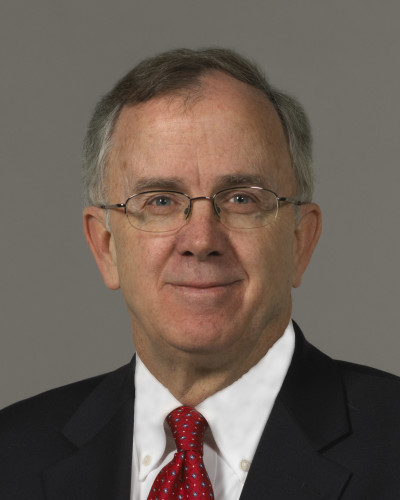In 1995, Collier transitioned to vice president of CMF, and supervised staff, developed new projects, and oversaw daily operations, Collier guided the design and implementation of the Great Lakes Community Foundation Environmental Collaborative (Great Lakes Collaborative). The Great Lakes Collaborative sought to educate participating community foundations on environmental grantmaking and to assist them in expanding (or in some cases forming) environmentally focused endowment funds. Initially, the collaborative was supported in part by grants from the Charles Stewart Mott Foundation and the Great Lakes Protection Fund, and 21 shoreline community foundations were involved. The Great Lakes Collaborative has since grown to include over 70 foundations.
“We have got to recognize that philanthropy is best because it is diverse. We have got to celebrate diversity and inclusiveness and recognize that while there are great differences of opinion, differences of perspective, differences of viewpoint, everybody can make a difference.”
In 2000, Collier succeeded Dorothy Johnson as president and CEO of CMF. Collier reaffirmed CMF’s public policy focus, and strongly supported treating government as a partner of the nonprofit sector. Collier worked to formalize this type of partnership by supporting the creation of the Michigan Nonprofit Council for Charitable Trusts, which provides expertise and guidance to the Attorney General, and the Governor’s Office of Foundation Liaison, and Foundations on the Hill. Collier was instrumental in overseeing the expansion and scaling-up of Michigan programs, including the growth of the Great Lakes Collaborative to include Canadian community foundations and those from other states. Collier supported the development of the Midwest Community Foundations’ Ventures, a supporting organization of CMF, that builds stronger communities through collaborative activities by community foundations in Michigan, Illinois, Ohio, and Indiana.
Collier is an outspoken proponent of infrastructure organizations within the nonprofit sector. In an interview for the Our State of Generosity project, Collier discussed CMF and the Michigan Nonprofit Association (MNA), “The idea was we created a safe place for members to come together, learn from each other, share stories, at times disagree and opt out of a partnership, which is fine, but creating that safe place, I think was very, very important”. Collier’s dedication to that idea showed through his service to Michigan’s infrastructure organizations as a trustee of MNA and as a member of the Michigan Community Service Commission. Similarly, Collier was involved with national infrastructure organizations and served on the public policy committee for the Forum of Regional Associations of Grantmakers and the Council on Foundations, and previously held other volunteer positions at both organizations.
“I think the first thing we learned was that we were stronger collectively than we were individually; that there was benefit by really pulling together and pooling our resources to partner with government. I think that was the first thing. I think the second thing was that we realized that we had to treat government not as an adversary, because it would have been easy when you have the Tax Act that happened in 1969 … My response is that we have learned over the years that government is an extremely important partner and that it is much better for us to be at the table with government than to be on the menu for government.”
Outside of these infrastructure organizations, Collier was involved in a wide range of boards throughout the sector. Earlier in his career, Collier served on the nonprofit board of the nonprofit panel of Independent Sector. He dedicated time and effort to those suffering from HIV/AIDS, acting as a trustee of the Michigan AIDS Fund, a member of the steering committee for Funders Concerned About AIDS (based in New York), and as a trustee for the Michigan AIDS Coalition. Collier served as a member of the board of directors of the Michigan Association of United Ways, and in 2011, was appointed by the governor to the executive committee of the Michigan Economic Development Corporation.
Collier currently serves as chair of the Learning to Give board of trustees and as a trustee of the Russell and Annabelle Woodard Family Fund.
In honor of Collier’s service to CMF and Michigan philanthropy, in 2018, the Robert S. Collier Public Policy Endowment Fund was established to address critical policy issues facing the field of philanthropy and Michigan communities.





















